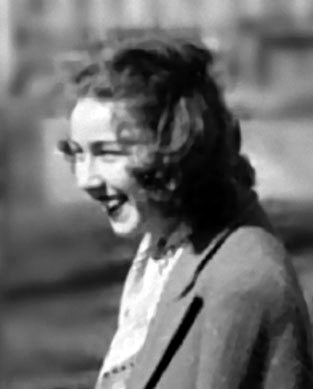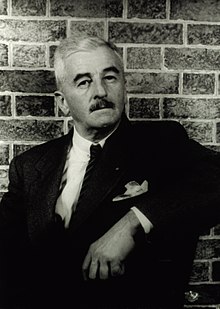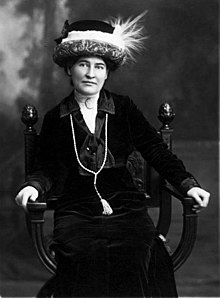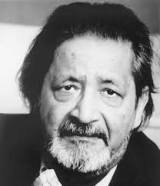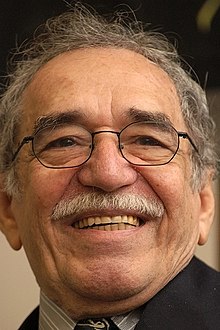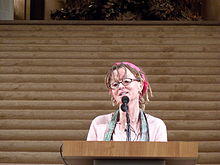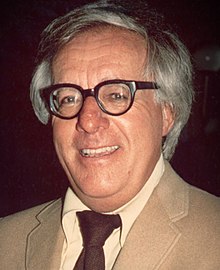Klara and the Sun by Kazuo Ishiguro.

Review by Kate Jackson for The Writer’s Workshop
“Do you believe in the human heart?…….Do you think there is such a thing? Something that makes each of us special and individual?” These profound questions are posed to Klara, an AF (artificial friend) who was chosen to be Josie’s companion, by Josie’s father. It is ironic that a human expects the product of technology to tell him what it means to be human. The reader will discover why these questions are important and decide if or how these questions are answered.
As with other Ishiguro’s books, the reader enters on a gradual journey of discovery where complex relationships among the characters inhabiting his world are revealed. Ishiguro effectively uses first person narration to build his story. Klara, the narrator, always refers to humans in the third person and through keen observation, she learns more about humans than they may know about themselves. She is a constant presence in Josie’s household but, almost like the butler in Remains of the Day, is not really a part of it. She does form strong relationships with Josie and her childhood friend, Rick. Klara also has an almost personal relationship with the Sun, the center of our solar system and center of her “life”.
As with some of Ishiguro’s other books, the main character has a mission to complete. In Klara’s case, it is her quest to save Josie from the effects of her mysterious “illness.” It is never clear what this is, but we know that it is somehow related to her being “lifted,” which we may conclude is a type of genetic engineering. The father, the mother and a friend all provide differing perspectives on this topic but there is no resolution. Is Ishiguro making a social commentary on entitlement or is he sounding a warning bell of what may be coming?
This thought-provoking novel is another demonstration of Ishiguro’s skill at captivating the reader’s imagination. He is a master of detail and direct dialogue so that what may seem fanciful becomes real. For example, as Klara watches a street scene where a man and a woman embrace and says, “and the Sun, noticing, was pouring his nourishment on them.” We care about Klara as much as any human character in great literature. We ponder what it means to create an altered human or to fully embrace artificial intelligence. In the end, Ishiguro leads the reader to an enigmatic ending, ripe for discussion about human nature, the power of love, and the limits of technology.
 The Writer's Workshop
The Writer's Workshop 